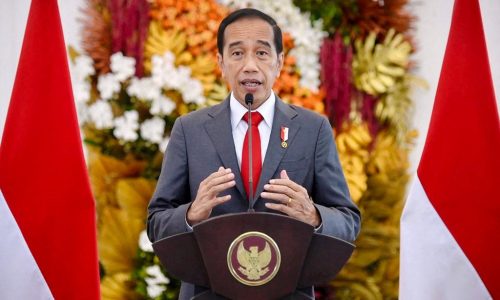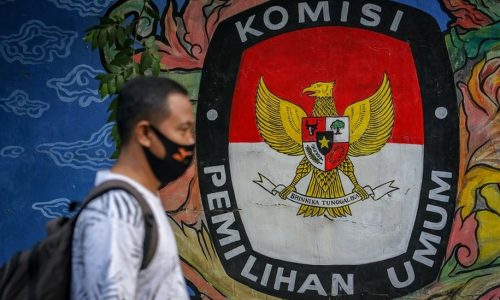Indonesia’s bankruptcy cases, both for listed and non-listed companies, have become a growing concern in the country. According to the World Bank’s Ease of Doing Business (EoDB) report from 2020, Indonesia ranks 38th in the world in resolving insolvency issues, lagging behind regional peers such as Thailand (24th) and Singapore (27th).
Rizky Dwinanto, Managing Partner of Dwinanto Strategic Legal Consultant (DSLC), attributes this situation to a shift in the purpose of Law No. 37/2004 on Bankruptcy and Suspension of Debt Payment Obligations (PKPU). He believes that the implementation of this law has moved away from its original intention of providing a fair, swift, transparent, and effective mechanism for debt resolution.
Rizky contends that Law No. 37/2004 should primarily serve to protect debtors facing difficulties in their business endeavors. When a debtor truly struggles to manage their business and pay off debts, they should be able to file for bankruptcy, with the focus being on debtor protection.
However, as Rizky points out, the current application of Law No. 37/2004 has turned it into a legal tool for creditors to collect debts from debtors. This has resulted in a majority of PKPU and bankruptcy applications in Indonesia being initiated by creditors.
This trend of initiating bankruptcy proceedings after only two months of unpaid debt or for relatively small amounts, like IDR 100 million, has led to moral hazards. Rizky emphasizes the need to assess a debtor company’s financial condition and the current economic situation before pursuing PKPU or bankruptcy proceedings.
Geoffrey D. Simms, President Director of AJ Capital, expresses concerns that the uncertainty surrounding fair bankruptcy resolutions could increase the perceived lending risks. Financial institutions may view lending to individuals or companies in Indonesia as riskier if they are unsure about the bankruptcy process’s procedures and legal protection.
Simms suggests that to compensate for the higher risks, financial institutions might offer loans at higher interest rates, resulting in increased borrowing costs and an adverse impact on the overall economy.
Over the years, the number of bankruptcy and PKPU applications has increased. In 2019, there were only 435 applications. However, this number surged to 635 applications in 2020 and peaked at 726 applications in 2021.
In 2022, the number of applications began to decline to 625, and in 2023 (up to October 14, 2023), it stood at 563 applications.
In 2021, Indonesia’s Coordinating Minister for Economic Affairs, Airlangga Hartarto, contemplated the possibility of imposing a moratorium on PKPU and bankruptcy applications.
This was considered because the existing law was being utilized not only by debtors to restructure their debts but also by creditors as part of their corporate actions.









